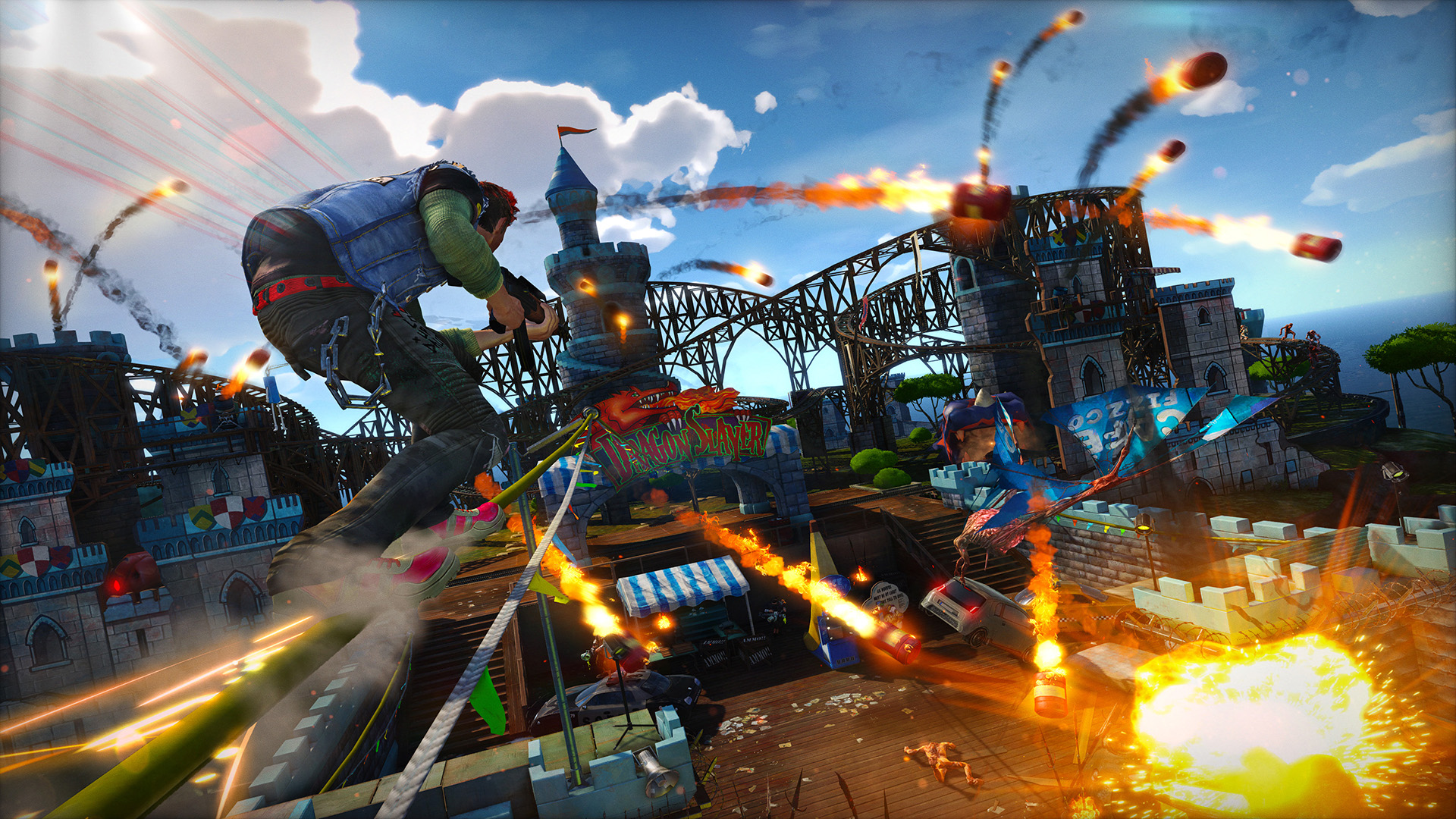Tired of League of Legends? Here’s How to Delete Your Account
Are you feeling frustrated and exhausted with your League of Legends (LoL) account? Have you had enough of dealing with toxic players and want to move on? If you’re unsure about how to delete your LoL account, we’re here to help. In this article, we will guide you through the process of permanently deleting your LoL account, providing you with all the necessary information and steps to follow. Let’s get started!
Options: Deactivating vs. Deleting Your Account
Riot, the developer of League of Legends, offers two options for players who no longer wish to continue playing the game. The first option is to deactivate your account, which temporarily puts your account on hold. While your account is deactivated, Riot retains access to all your user data, but you won’t be able to play the game.
If you choose to deactivate your account, keep in mind that you can reactivate it once you decide to play again. This option allows you to take a break from the game without permanently removing your account.
The second option is to delete your account. Once you delete your account, the process cannot be reversed, and all data associated with the account will be permanently deleted. It’s crucial to be absolutely certain before proceeding with this option.
We recommend considering deactivation as a trial period before deciding to delete your account entirely. This way, you can evaluate your choice and make an informed decision.
Important Considerations Before Deleting Your Account
Before proceeding with deleting your LoL account, there are a few essential things you should know:
- If you delete your LoL account, you must also delete other games connected to your Riot account, such as VALORANT, Wild Rift, and Legends of Runeterra.
- All purchases made on your account, including skins and chromas, will not be refunded.
- Once the deletion process is complete, you will lose access to your account forever. There is no way to retrieve the deleted account or its data.
Now that you’re aware of these considerations, let’s move on to the step-by-step process of deleting your LoL account.
Steps to Delete Your LoL Account
- Visit the Riot Support Page for account deletion by clicking here.
- Click the “LOG IN” button on the page and log in to the Riot account you wish to delete.
- Riot will ask if you are the original creator of the account. Select “YES” if you are.
- After step 3, Riot will display the games connected to your account, your account name, and Riot ID. If the information appears correct, click on “CONFIRM START DELETION PROCESS.”
Once you have completed these steps, the deletion process will be initiated, and you will receive an email containing all the relevant information. It’s important to note that the deletion process may take up to 30 days to complete.
If you encounter any issues with the provided deletion link, Riot also offers an alternative method through ticket submission.
Deleting Your Account via Ticket Submission
If the deletion link mentioned above doesn’t work, you can delete your account by submitting a ticket to Riot. Follow these steps:
- Click here to access the ticket submission page.
- Select “Account Management, Data Request, or Deletion” as the request type.
- In the subject field, enter “Account Deletion”.
- In the description, provide the following information:
- Account Name (the Riot account you use to sign into different Riot games)
- Summoner Name (your in-game LoL name)
- Creation date of the account
- Location where you registered the account (City, Country)
- Email address used during the original registration
- Select the region tied to your account
- For the Inquiry Selection, choose “Account Deletion”.
By following these steps, Riot support will assist you in deleting your LoL account via the ticket submission process.
Can You Reverse an Account Deletion or Deactivation?
Once the 30-day deletion process is complete, it is not possible to reverse the account deletion. All information associated with the deleted account is permanently removed and cannot be recovered.
However, if you change your mind during the 30-day deletion period, you still have an opportunity to retrieve your account. In the deletion confirmation email you receive after initiating the deletion process, there will be a link provided. By clicking this link within the first five days before the process concludes, you may be able to reverse the account deletion, although it is not guaranteed.
If only five days or less remain in the deletion process, retrieving your account will no longer be possible.
Considering Account Deactivation Instead?
If you are unsure about permanently deleting your account or simply need a break from League of Legends, deactivating your account might be the right choice for you. When you deactivate your account, all your data is preserved by Riot; however, you will not be able to log in to any Riot games.
Prior to deactivating your account, we recommend removing all payment information associated with it for added security.
To deactivate your account, follow these steps:
- Submit a ticket to Riot by clicking here.
- Choose “Account Management, Data Request, or Deletion” as the request type.
- In the subject field, enter “Account Deactivation”.
- In the description, provide the same information requested in the deletion process.
- Select “Account Deactivation” in the Inquiry Selection field.
By following these steps, you can deactivate your LoL account temporarily and take a break from the game.
Should You Delete Your LoL Account?
The decision to delete your LoL account ultimately rests with you. It is a significant step, especially if you have invested a considerable amount of time and money into the game. Before proceeding with deletion, take some time to reflect on your decision. You may also want to consider deactivating your account as a trial period to see if it meets your needs.
Remember, deleting your account is permanent, and you will lose access to all purchased items and progress. Make sure to weigh your options and decide what is best for you.
FAQs
1. Can I reverse the deletion of my LoL account?
No, once the deletion process is complete, it is not possible to reverse the account deletion. Make sure to carefully consider your decision before initiating the deletion process.
2. What happens to my purchases if I delete my LoL account?
If you delete your LoL account, all purchases made on that account, including skins, chromas, and other items, will be permanently lost. There will be no refunds or compensation provided for these purchases.
3. Is it possible to retrieve my account during the 30-day deletion process?
Yes, if you regret your decision within the first five days of initiating the deletion process, there is a small chance that you can recover your account. However, the chances decrease as the process nears completion. Act quickly if you wish to attempt account recovery.
4. Can I deactivate my LoL account instead of deleting it?
Yes, if you need a break from the game or want to temporarily suspend your account, deactivation is a suitable option.



